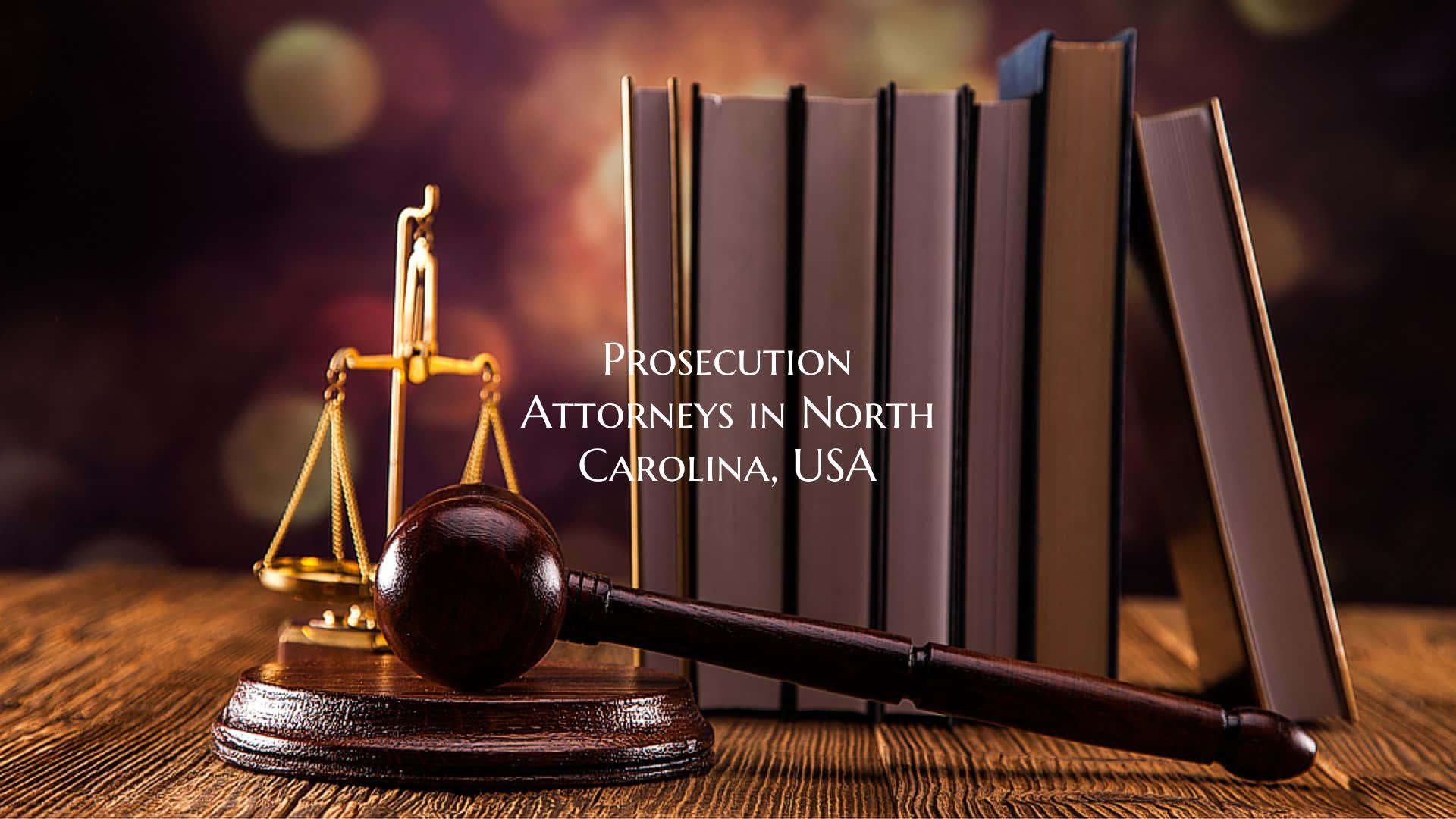
Prosecution Attorneys in North Carolina, USA
Introduction: Prosecution attorneys play a crucial role in the justice system by representing the state in criminal cases. In North Carolina, USA, these legal professionals work tirelessly to uphold the law, seek justice for victims, and protect the public interest. This guide aims to provide an overview of prosecution attorneys in North Carolina, including their roles, responsibilities, qualifications, and the challenges they face in the pursuit of justice.
Roles and Responsibilities of Prosecution Attorneys in North Carolina: Prosecution attorneys in North Carolina, commonly known as district attorneys or assistant district attorneys, are responsible for representing the state in criminal cases. Their primary role is to build a strong case against individuals accused of committing crimes and to present that case in court. This involves conducting investigations, gathering evidence, interviewing witnesses, and negotiating plea deals. Prosecution attorneys also work closely with law enforcement agencies to ensure that cases are thoroughly investigated and that justice is served.
In addition to prosecuting criminal cases, prosecution attorneys in North Carolina also play a key role in advising law enforcement agencies on legal matters, providing legal guidance to victims of crime, and advocating for the rights of individuals who have been wronged. They work to ensure that the guilty are held accountable for their actions and that the innocent are protected from wrongful prosecution.
Qualifications and Training: To become a prosecution attorney in North Carolina, individuals must have a law degree from an accredited law school and pass the state bar exam. Many prosecutors also have prior experience working as defense attorneys, judges, or in other legal positions. Additionally, prosecution attorneys in North Carolina are required to adhere to the Code of Professional Responsibility, which sets ethical standards for legal practice.
Challenges Faced by Prosecution Attorneys in North Carolina: Prosecution attorneys in North Carolina face numerous challenges in their work, including heavy caseloads, limited resources, and the emotional toll of dealing with crime victims and their families. They must also navigate complex legal procedures, courtroom dynamics, and the adversarial nature of the legal system. Additionally, prosecution attorneys often work long hours, including evenings and weekends, to prepare for trials and hearings.
Despite these challenges, prosecution attorneys in North Carolina are dedicated professionals who are committed to upholding the law, seeking justice for victims, and ensuring that the guilty are held accountable for their actions. Their work is essential to maintaining public safety, deterring criminal behavior, and promoting a fair and just society.
Conclusion: Prosecution attorneys in North Carolina, USA, are vital members of the justice system who play a critical role in safeguarding the rights of citizens, seeking justice for victims, and upholding the rule of law. Through their dedication, hard work, and commitment to justice, these legal professionals make significant contributions to their communities and help ensure that the legal system functions effectively and fairly.
